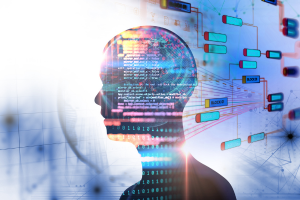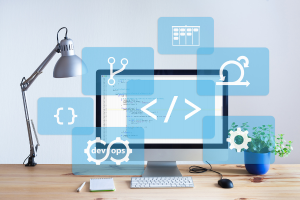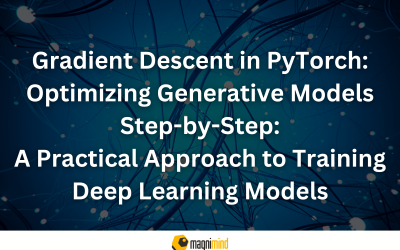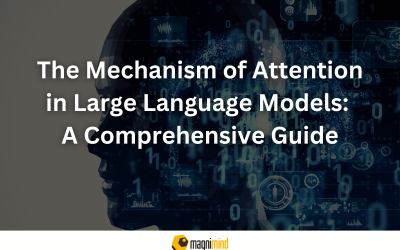Machine learning, a subset of artificial intelligence (AI), empowers systems to learn and improve from experience without explicit programming. Its applications span across industries, from healthcare and finance to marketing and entertainment. This article aims to demystify the world of machine learning tools and technologies that fuel its growth, enabling developers, data scientists, and enthusiasts to harness its potential.
Programming Languages:
Python: Python has gotten to be the favored language for information science and machine learning. It could be a well known among designers due to its ease of utilize, lucidness, and strong environment of libraries. Well known libraries like NumPy, pandas, and Matplotlib make it simpler to control and visualize information, whereas scikit-learn offers a adaptable run of machine learning procedures.
R: Another powerful programming language made particularly for factual computation and design is called R. It is very great for factual modeling, information examination, and visualization. Since of its expansive library of bundles outlined for distinctive factual and machine learning applications, R is as often as possible utilized by information researchers.
Julia: As a high-performance programming language for technical computing, Julia is getting to be increasingly prevalent. Julia may be a well known alternative among machine learning analysts and specialists since of its speed and user-friendliness, particularly when it comes to employments requiring perplexing scientific calculations.
Development Environments:
Jupyter Notebooks offer a user-friendly, intelligently environment for composing and sharing code. Much obliged to its bolster for a few programming dialects, such as R and Python, clients may make records with live code, conditions, illustrations, and story exposition.
GPU assets are unreservedly open through Google Colab, a cloud-based Jupyter Notebooks environment. Since GPUs enormously speed up preparing, this makes it an perfect option for testing with profound learning models.
Visual Studio Code, or VS Code, could be a well-liked code editor for creating machine learning applications. Its tremendous collection of expansions, which incorporates Jupyter and Python ones, makes coding, debugging, and version control a breeze.
Systems and Libraries:
TensorFlow: TensorFlow is an open-source machine learning system made by Google that’s broadly utilized for making and deploying deep learning models. It is suitable for a assortment of applications, counting common language preparing and picture acknowledgment, since to its adaptability and versatility.
PyTorch: The Facebook-maintained apparatus is commended for being more user-friendly for scholastics and engineers since to its energetic computing chart. It may be a well-liked alternative for deep learning assignments since of its great community back and simple learning bend.
Scikit-learn: Scikit-learn could be a adaptable Python machine learning system that gives easy-to-use devices for modeling and information investigation. Various methods for clustering, regression, classification, and dimensionality reduction are included.
ML platforms on the cloud:
Google Cloud AI: A extend of administrations for making, sharpening, and executing machine learning models at scale are provided by the Google Cloud AI Stage. It encourages collaborative demonstrate development and interfacing with well-known systems like TensorFlow.
AWS SageMaker: An end-to-end machine learning stage is advertised by Amazon SageMaker, a component of Amazon Web Administrations (AWS). It streamlines the complete demonstrate building prepare, from preparing and conveying the demonstrate to labeling and planning the information.
Microsoft’s Azure Machine Learning service benefit makes it conceivable for clients to viably make, prepare, andactualize machine learning models. It gives apparatuses for mechanized machine learning (AutoML) and bolsters numerous open-source systems.
These stages and advances serve as the foundation for the development of machine learning, empowering experts to explore, test, and actualize imaginative arrangements in a assortment of areas. The relationship between these devices and the fundamental calculations gets to be increasingly clear as we investigate the field of machine learning.





